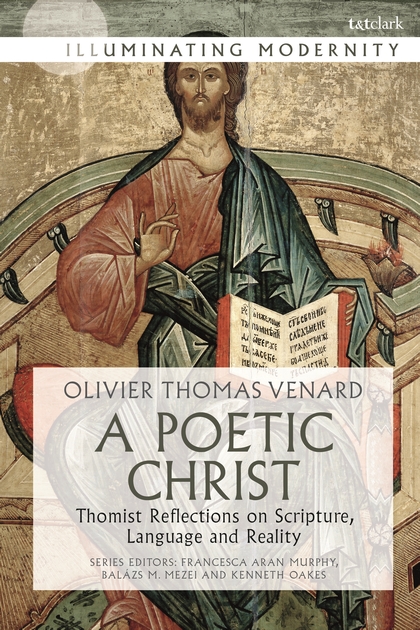The conference honors the 2019 publication of Olivier-Thomas Venard’s
A Poetic Christ: Thomist Reflections on
Scripture, Language and
Reality, translated by Francesca Murphy and
Kenneth Oakes. The
imminent publication of this text has inspired
us to reflect on the
project of the future of biblical studies.
Venard has given us an
example of what it might mean to reclaim learned
study of the Word of
God, of inspired Scripture, as such. If we
follow Venard’s lead,
recovering the learned study of the Word as Word
would mean recovering
the study of the Word as Wisdom. It would mean
recovering biblical
studies as a sapiential discipline intimately
connected to history and
philology yet not constitutively so. It would
mean a recovery of other
connections: to literature and literary theory,
for example, and above
all to philosophy and theology. What are the
philosophical
preconditions or presuppositions for a project
ordered toward
understanding of God’s Word? Especially where
God’s Word is understood
as Dei Verbum presents it, as truly having God
as its author as well
as, in each case, a true human author. An
approach from the liberal
arts, especially history and literature,
suffices if biblical studies
brackets our consideration of the divine author.
But then it is no
longer study of the Word as such. How can we
unlock the mostly
untapped potential of Dei Verbum for the study
of Scripture? How can
we reconnect Word and Wisdom? If biblical
studies cannot survive in
its present form, could a sophisticated
synthesis of history,
contemporary philosophy of language, theology of
culture, and
traditional exegetical resources guide Biblical
studies toward a
better future?
